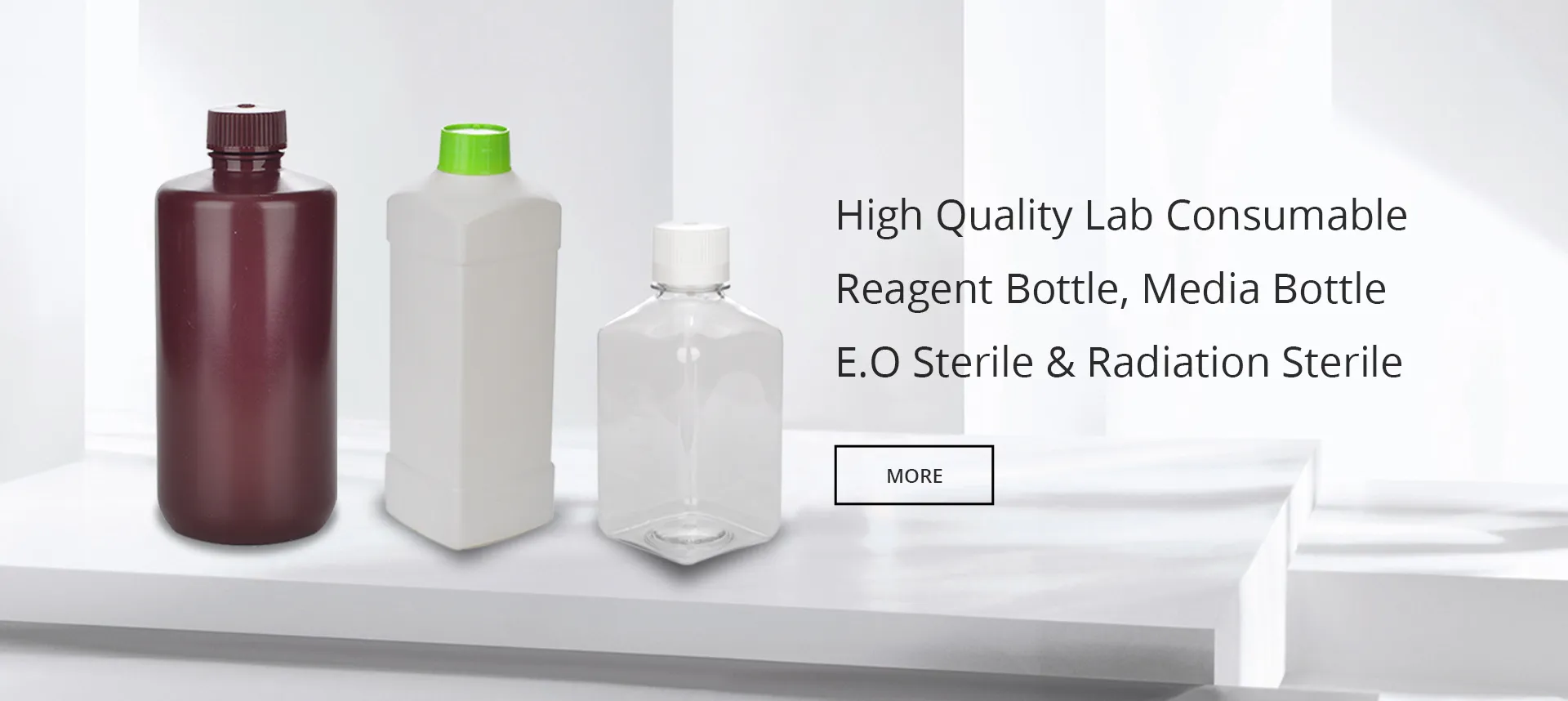
-
 Afrikaans
Afrikaans -
 Albanian
Albanian -
 Amharic
Amharic -
 Arabic
Arabic -
 Armenian
Armenian -
 Azerbaijani
Azerbaijani -
 Basque
Basque -
 Belarusian
Belarusian -
 Bengali
Bengali -
 Bosnian
Bosnian -
 Bulgarian
Bulgarian -
 Catalan
Catalan -
 Cebuano
Cebuano -
 Corsican
Corsican -
 Croatian
Croatian -
 Czech
Czech -
 Danish
Danish -
 Dutch
Dutch -
 English
English -
 Esperanto
Esperanto -
 Estonian
Estonian -
 Finnish
Finnish -
 French
French -
 Frisian
Frisian -
 Galician
Galician -
 Georgian
Georgian -
 German
German -
 Greek
Greek -
 Gujarati
Gujarati -
 Haitian Creole
Haitian Creole -
 hausa
hausa -
 hawaiian
hawaiian -
 Hebrew
Hebrew -
 Hindi
Hindi -
 Miao
Miao -
 Hungarian
Hungarian -
 Icelandic
Icelandic -
 igbo
igbo -
 Indonesian
Indonesian -
 irish
irish -
 Italian
Italian -
 Japanese
Japanese -
 Javanese
Javanese -
 Kannada
Kannada -
 kazakh
kazakh -
 Khmer
Khmer -
 Rwandese
Rwandese -
 Korean
Korean -
 Kurdish
Kurdish -
 Kyrgyz
Kyrgyz -
 Lao
Lao -
 Latin
Latin -
 Latvian
Latvian -
 Lithuanian
Lithuanian -
 Luxembourgish
Luxembourgish -
 Macedonian
Macedonian -
 Malgashi
Malgashi -
 Malay
Malay -
 Malayalam
Malayalam -
 Maltese
Maltese -
 Maori
Maori -
 Marathi
Marathi -
 Mongolian
Mongolian -
 Myanmar
Myanmar -
 Nepali
Nepali -
 Norwegian
Norwegian -
 Norwegian
Norwegian -
 Occitan
Occitan -
 Pashto
Pashto -
 Persian
Persian -
 Polish
Polish -
 Portuguese
Portuguese -
 Punjabi
Punjabi -
 Romanian
Romanian -
 Russian
Russian -
 Samoan
Samoan -
 Scottish Gaelic
Scottish Gaelic -
 Serbian
Serbian -
 Sesotho
Sesotho -
 Shona
Shona -
 Sindhi
Sindhi -
 Sinhala
Sinhala -
 Slovak
Slovak -
 Slovenian
Slovenian -
 Somali
Somali -
 Spanish
Spanish -
 Sundanese
Sundanese -
 Swahili
Swahili -
 Swedish
Swedish -
 Tagalog
Tagalog -
 Tajik
Tajik -
 Tamil
Tamil -
 Tatar
Tatar -
 Telugu
Telugu -
 Thai
Thai -
 Turkish
Turkish -
 Turkmen
Turkmen -
 Ukrainian
Ukrainian -
 Urdu
Urdu -
 Uighur
Uighur -
 Uzbek
Uzbek -
 Vietnamese
Vietnamese -
 Welsh
Welsh -
 Bantu
Bantu -
 Yiddish
Yiddish -
 Yoruba
Yoruba -
 Zulu
Zulu
PTFE Centrifuge Tubes for Enhanced Chemical Resistance and Laboratory Efficiency
Understanding PTFE Centrifuge Tubes Benefits and Applications
Centrifuge tubes are indispensable tools in laboratories, widely used in various fields including biology, chemistry, and environmental science. Among the various materials used for these tubes, polytetrafluoroethylene (PTFE) stands out due to its unique properties. PTFE centrifuge tubes have been gaining popularity, and understanding their benefits and applications can help researchers and technicians make informed choices for their experiments.
What is PTFE?
Polytetrafluoroethylene, commonly known as PTFE, is a synthetic polymer known for its high resistance to heat, chemical corrosion, and electrical conductivity. Its non-reactive nature makes it an ideal choice for applications requiring stringent safety and sterility standards. PTFE is often recognized by the brand name Teflon, although there are various other manufacturers of this versatile material.
Advantages of PTFE Centrifuge Tubes
1. Chemical Resistance One of the most compelling reasons to use PTFE centrifuge tubes is their exceptional resistance to a wide range of chemicals. This makes them suitable for applications involving aggressive solvents, acids, and bases that would degrade other materials, such as glass or plastic.
2. Thermal Stability PTFE can withstand extremely high temperatures without losing its structural integrity or properties. This characteristic is particularly vital in experiments that require high-temperature centrifugation or sterilization processes.
3. Non-stick Surface The non-stick nature of PTFE not only facilitates easy cleaning but also minimizes sample loss. When working with viscous or delicate samples, this property ensures that liquids do not adhere to the walls of the tube, allowing for maximum recovery of the sample.
4. Low Coefficient of Friction The low friction coefficient of PTFE contributes to less wear and tear on machinery used in centrifugation, thereby increasing the longevity of equipment and potentially leading to cost savings in the long term.
ptfe centrifuge tubes

5. Lightweight and Durable PTFE is lightweight yet durable, providing a practical choice for researchers who need to transport samples or equipment. Its robustness makes it resistant to cracking and breaking, reducing the risks associated with handling fragile glass tubes.
Applications of PTFE Centrifuge Tubes
The versatility of PTFE centrifuge tubes enables their use across several applications
- Chemical Analysis In laboratories that conduct chemical analyses, PTFE tubes are ideal for separating and isolating samples, especially when working with corrosive substances. - Biological Research They are widely used in molecular biology for procedures such as DNA extraction, where sample integrity must be maintained throughout the centrifugation process.
- Environmental Testing In environmental science, PTFE centrifuge tubes help in analyzing water and soil samples without contamination, ensuring accurate results in pollutant detection studies.
- Pharmaceutical Development The pharmaceutical industry utilizes PTFE tubes to separate compounds during drug formulation, ensuring that reactive ingredients do not compromise the integrity of the samples.
Conclusion
PTFE centrifuge tubes offer numerous advantages that make them essential tools in various scientific fields. Their chemical resistance, thermal stability, and non-stick properties make them suitable for complex experiments requiring precision and reliability. As laboratories continue to evolve and demand better materials for research, PTFE centrifuge tubes will likely remain a favored choice, paving the way for advances in science and technology. Understanding their benefits and applications not only helps researchers choose the right materials but also enhances the overall quality of scientific inquiries and innovations.
-
Premium 200ml Medicine Bottles – Leakproof Dropper & Spray Options at Best PriceNewsJul.05,2025
-
PTFE Centrifuge Tubes - Chemical Resistant, Leak-proof, Ideal for Laboratory UseNewsJul.05,2025
-
Premium Metal Dropper Bottle for Precise Dispensing 250ml & 1ml Options AvailableNewsJul.04,2025
-
20 ml Headspace Vials - High Quality Polyethylene & Plastic Vials for Lab UseNewsJul.04,2025
-
Small Bottle with Pipette - Precise Dispensing 100ml Pipette Bottles for Essential Oils & Lab UseNewsJun.24,2025
-
Acetic Anhydride Bottle for Accurate Dropper Measurement in Pharmacy Use High-Quality Dropper BottlesNewsJun.10,2025






















